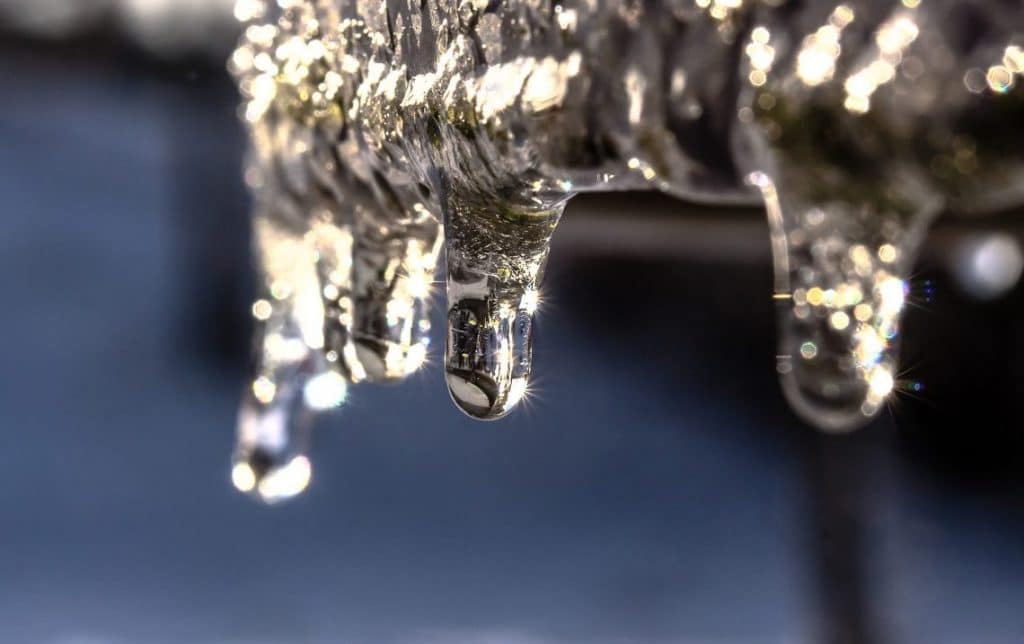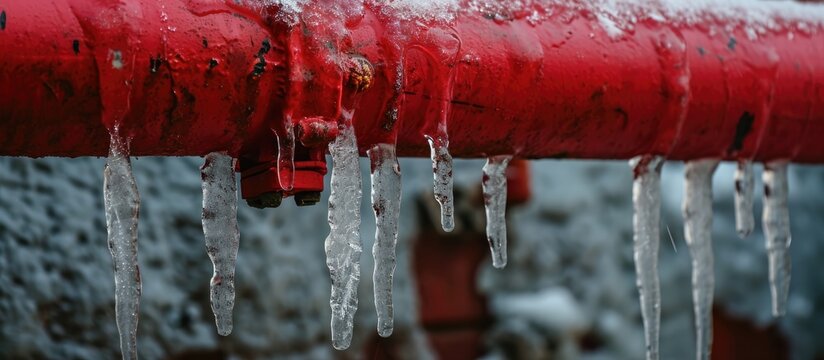Ways to Prevent Frozen Pipes in Winter: Professional Guidance
Ways to Prevent Frozen Pipes in Winter: Professional Guidance
Blog Article
What are your thoughts about 6 Ways to Prevent Frozen Pipes?

Cold weather can ruin your pipes, particularly by freezing pipes. Right here's exactly how to stop it from taking place and what to do if it does.
Intro
As temperature levels decline, the threat of icy pipelines rises, possibly bring about pricey fixings and water damages. Recognizing just how to stop frozen pipes is essential for property owners in cold environments.
Avoidance Tips
Insulating vulnerable pipelines
Wrap pipes in insulation sleeves or make use of warm tape to protect them from freezing temperature levels. Focus on pipelines in unheated or outside locations of the home.
Heating techniques
Maintain indoor areas appropriately heated up, particularly locations with plumbing. Open cabinet doors to allow cozy air to distribute around pipes under sinks.
Just how to identify frozen pipelines
Look for decreased water flow from faucets, unusual smells or noises from pipelines, and noticeable frost on exposed pipes.
Long-Term Solutions
Architectural adjustments
Think about rerouting pipelines far from outside wall surfaces or unheated locations. Include added insulation to attic rooms, cellars, and crawl spaces.
Updating insulation
Invest in top notch insulation for pipelines, attics, and walls. Proper insulation helps maintain consistent temperature levels and lowers the threat of icy pipes.
Safeguarding Outdoor Pipes
Yard hose pipes and outdoor taps
Detach and drain yard pipes before winter. Mount frost-proof spigots or cover outdoor taps with shielded caps.
Comprehending Frozen Pipelines
What triggers pipelines to ice up?
Pipelines freeze when exposed to temperatures below 32 ° F (0 ° C) for prolonged periods. As water inside the pipelines ices up, it increases, taxing the pipeline wall surfaces and potentially triggering them to break.
Threats and problems
Icy pipes can result in water supply interruptions, residential property damage, and expensive repair services. Ruptured pipelines can flood homes and trigger extensive architectural damage.
Indicators of Frozen Pipeline
Identifying icy pipes early can prevent them from rupturing.
What to Do If Your Pipelines Freeze
Immediate activities to take
If you believe icy pipelines, keep faucets open to alleviate stress as the ice thaws. Utilize a hairdryer or towels soaked in warm water to thaw pipelines slowly.
Verdict
Protecting against frozen pipes requires aggressive steps and quick actions. By comprehending the causes, indicators, and preventive measures, homeowners can secure their plumbing throughout cold weather.
Helpful Tips to Prevent Frozen Pipes this Winter
UNDERSTANDING THE BASICS: WHY PIPES FREEZE AND WHY IT’S A PROBLEM
Water freezing inside pipes is common during the winter months, but understanding why pipes freeze, and the potential problems it can cause is crucial in preventing such incidents. This section will delve into the basics of why pipes freeze and the associated problems that may arise.
THE SCIENCE BEHIND FROZEN PIPES
When water reaches freezing temperatures, it undergoes a physical transformation and solidifies into ice. This expansion of water as it freezes is the primary reason pipes can burst. As the water inside the pipe freezes, it expands, creating immense pressure on the walls. If the pressure becomes too great, the pipe can crack or rupture, leading to leaks and water damage.
FACTORS THAT CONTRIBUTE TO PIPE FREEZING
Low Temperatures: Extremely cold weather, especially below freezing, increases the risk of pipes freezing. Uninsulated or Poorly Insulated Pipes: Pipes located in unheated areas, such as basements, crawl spaces, or attics, are more prone to freezing. Insufficient insulation or lack of insulation altogether exacerbates the problem. Exterior Wall Exposure: Pipes running along exterior walls are susceptible to freezing as they encounter colder temperatures outside. Lack of Heating or Temperature Regulation: Inadequate heating or inconsistent temperature control in your home can contribute to frozen pipes. PROBLEMS CAUSED BY FROZEN PIPES
- Pipe Bursting: As mentioned earlier, the expansion of water as it freezes can cause pipes to burst, resulting in significant water damage.
- Water Damage: When pipes burst, it can lead to flooding and water damage to your property, including walls, ceilings, flooring, and personal belongings.
- Structural Damage: Prolonged exposure to water from burst pipes can compromise the structural integrity of your home, leading to costly repairs.
- Mold and Mildew Growth: Excess moisture from water damage can create a favorable environment for mold and mildew growth, posing health risks to occupants.
- Disrupted Water Supply: Frozen pipes can also result in a complete or partial loss of water supply until the issue is resolved.
WHY CERTAIN PIPES ARE MORE PRONE TO FREEZING
- Location: Pipes located in unheated or poorly insulated areas, such as basements, crawl spaces, attics, or exterior walls, are at higher risk of freezing.
- Exterior Pipes: Outdoor pipes, such as those used for irrigation or exposed plumbing, are particularly vulnerable to freezing as they are directly exposed to the elements.
- Supply Lines: Pipes that carry water from the main water supply into your home, including the main water line, are critical to protect as freezing in these lines can affect your entire plumbing system.
- Underground Pipes: Pipes buried underground, such as those connected to sprinkler systems or outdoor faucets, can be susceptible to freezing if not properly insulated.
https://busybusy.com/blog/helpful-tips-to-prevent-frozen-pipes-this-winter/

Do you like more info about How to prepare your home plumbing for winter weather? Try to leave a remark further down. We will be pleased to find out your thinking about this write-up. We are looking forward that you visit us again before long. Are you aware of somebody else who is fascinated with the niche? Why not share it. Many thanks for your time invested reading it.
Click Report this page